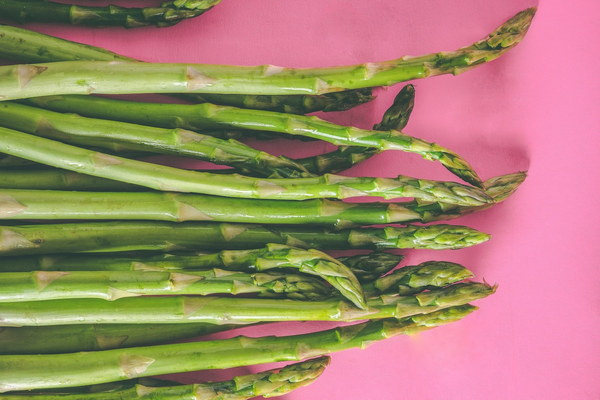Boost Your Liver Health Is Mung Bean Consumption Effective
Introduction:
The liver plays a crucial role in maintaining our overall health. It filters toxins, produces bile, and metabolizes nutrients. With its multifaceted functions, it's no surprise that people are always looking for ways to protect and support their liver. One popular claim suggests that consuming mung beans can help in liver health. But is there any truth to this? In this article, we will explore the benefits of mung beans for liver health and determine if they can truly serve as a natural liver protector.
1. Mung Beans: A Nutritious Superfood
Mung beans, also known as green beans, are a versatile and nutritious food. They are rich in fiber, protein, vitamins, and minerals. Some of the key nutrients found in mung beans include:
- Fiber: Aids in digestion and helps lower cholesterol levels.
- Protein: Important for muscle repair and growth.
- Vitamin B6: Supports brain development and function.
- Iron: Helps in the production of red blood cells.
- Magnesium: Contributes to bone health and muscle function.
2. Mung Beans and Liver Health
The liver's primary function is to filter out harmful substances from the blood. This process can put a strain on the organ, especially if you consume a diet high in processed foods, alcohol, or have other liver-related issues. Here's how mung beans can benefit your liver:
a. Detoxification
Mung beans contain antioxidants that help in detoxifying the liver. These antioxidants, such as chlorogenic acid, scavenge free radicals and reduce oxidative stress on liver cells.
b. Cholesterol-Lowering Effects

High cholesterol levels can contribute to liver damage. The fiber in mung beans helps lower cholesterol, thereby reducing the risk of liver diseases like non-alcoholic fatty liver disease (NAFLD).
c. Anti-inflammatory Properties
Inflammation in the liver can lead to liver diseases such as hepatitis. Mung beans have anti-inflammatory properties that can help reduce liver inflammation.
3. How to Incorporate Mung Beans into Your Diet
To reap the benefits of mung beans for liver health, consider the following tips:
- Boil or steam mung beans to retain their nutrients.
- Add mung beans to salads, soups, or curries.
- Use mung bean sprouts as a crunchy, nutritious topping for sandwiches or salads.
- Prepare mung bean porridge or soup for a hearty meal.
Conclusion:
While consuming mung beans may not be a miracle solution for liver health, incorporating them into your diet can certainly contribute to a healthier liver. The antioxidants, fiber, and anti-inflammatory properties of mung beans make them a valuable addition to your diet, especially if you're at risk for liver diseases. Remember that maintaining a balanced diet and a healthy lifestyle is the key to optimal liver health. Consult with a healthcare professional for personalized advice on how to improve your liver health.









